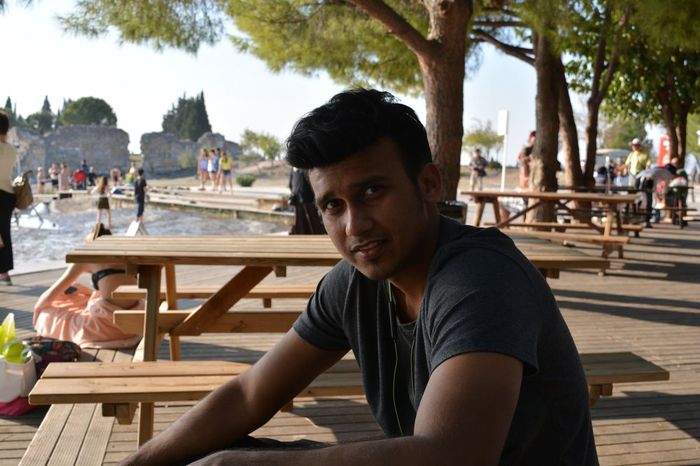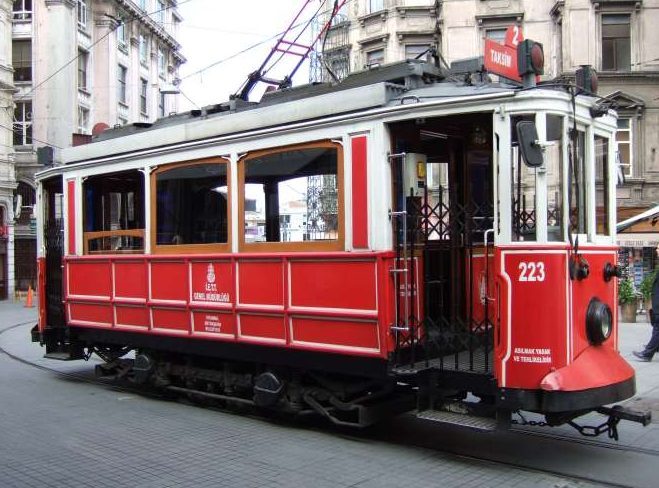166. The Comneni came originally from Comne, near Hadrianople, and had estates in the Castamon district of Asia Minor. They were destined to play a preeminent role in Byzantium during the next hundred years. Isaac himself was the son of Manuel Eroticus, a distinguished prefect under Basil II. He had married the daughter of a king of Bulgaria and had two children, a son who died young and a daughter who became a nun some time after 1057. Both Isaac and his brother Joahn had already held high office.
167. Catacalon Cecaumenus, Duke of Antioch, had been supplanted by the emperor’s nephew Michael.
168. The generals tried to persuade Leo Paraspondylus to intercede for them, but he was unable to influence the emperor.
169. Psellus does not mention Bryennius and Hervé Francopullus. The former was in command of the Macedonian army in Cappadocia, having been recalled from exile by Michael and ordered to prosecute the war against the Turks. He demanded the restoration of his property, seized by Theodora, but having failed in this went off to his army in disgust, accompanied by one Opsaras, obviouslv an agent of the emperor. Bryennius attempted to pay the troops more than the authorized amount and when Opsaras denounced him threw the agent into chains.
The result of this impetuosity was that he lost his eyes and was betrayed to the emperor, and, more important, other generals who had hitherto refrained from action (such as Romanus Sclerus, Botaneiates, and the sons of Basil Argyrus) hurried to proclaim Isaac emperor, because they heard that the whole conspiracy might now be revealed. Hervé was an Armenian and a soldier of some distinction. He demanded the rank of magister only to be treated by Michael with the utmost rudeness, and after this he joined the Turks.
170. In St. Sophia with the connivance of Cerularius.
171. On the plain of Gunaria where, on 8 June 1057, Isaac was acclaimed as the new emperor.
Imperial leaders remained loyal
172. The headquarters of the rebel army was now at Nicaea. Isaac was in no hurry to occupy the city: he wished to avoid battle at first, confident that the enemy would desert the emperor. In fact, the imperial leaders remained loyal but the rank and file melted away (Cedrenus, 800B, p. 627).
173. They were put under the command of Theodorus, a eunuch of the late empress, and of Aaron Ducas, brother-in-law of Comnenus himself. They crossed to Nicomedia and broke down the bridge over the River Sangares. Their camp was finally established on Mount Sophon.
174. Theodorus (cf. note 173).
175. Homer, Iliad, III, 8 ff
Read More about Eudocia 1067 part 30








